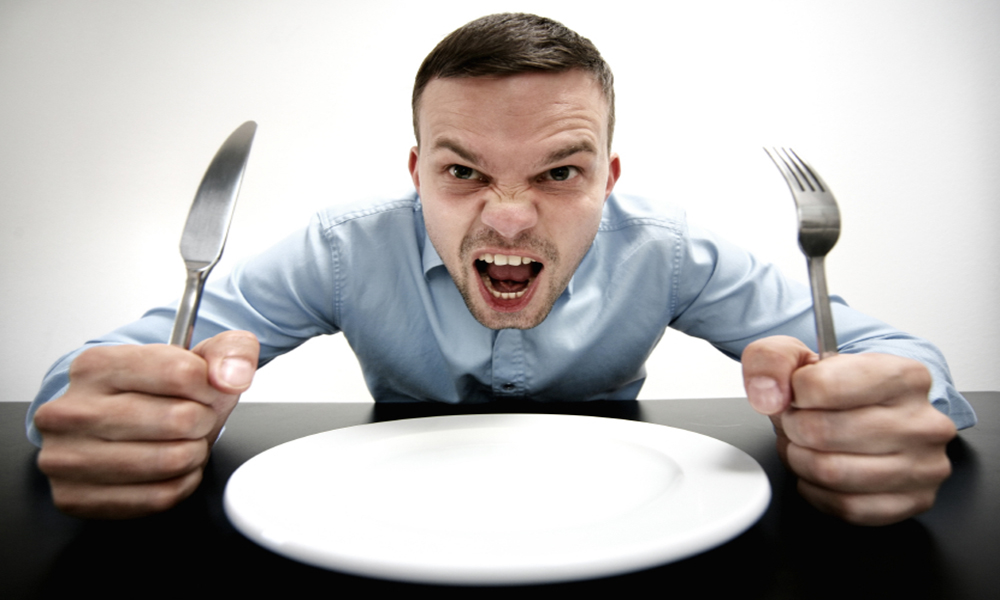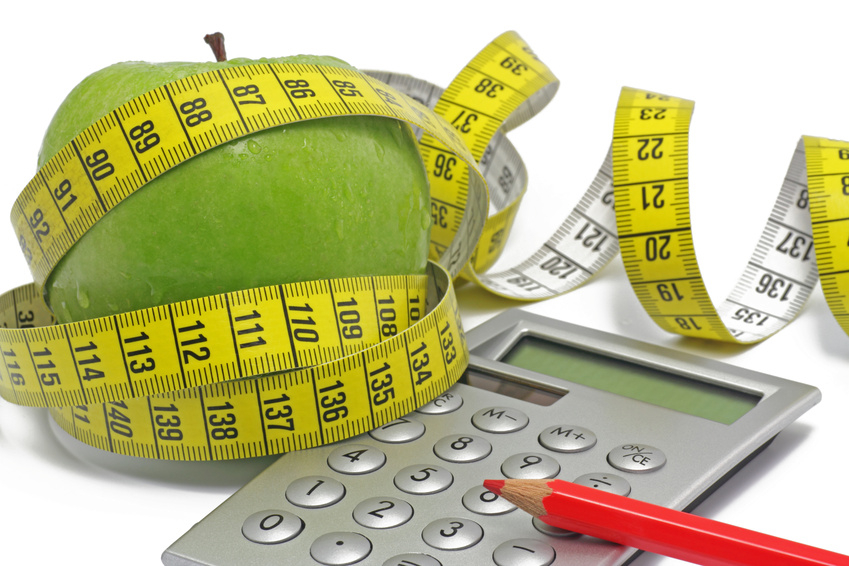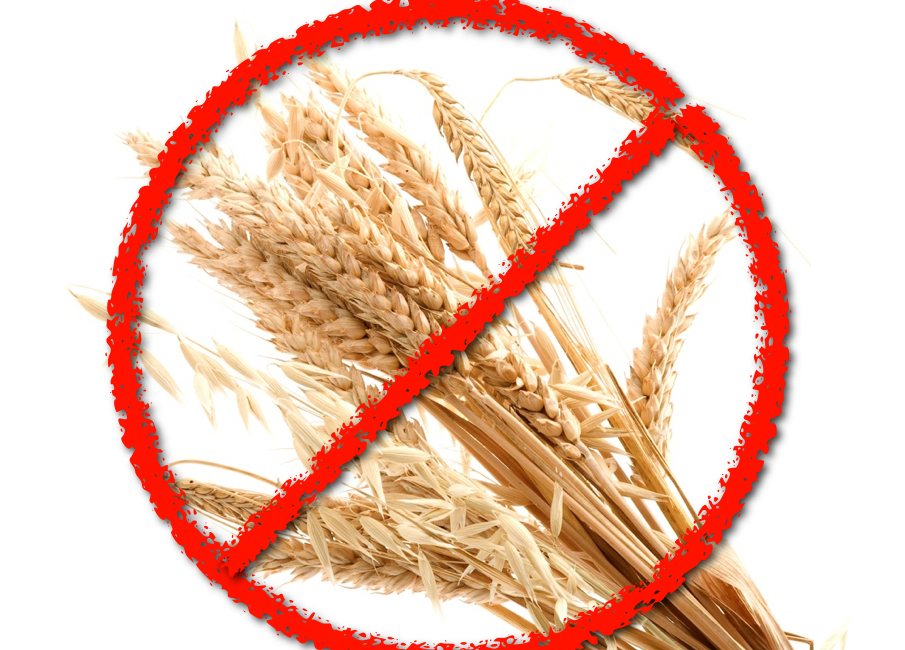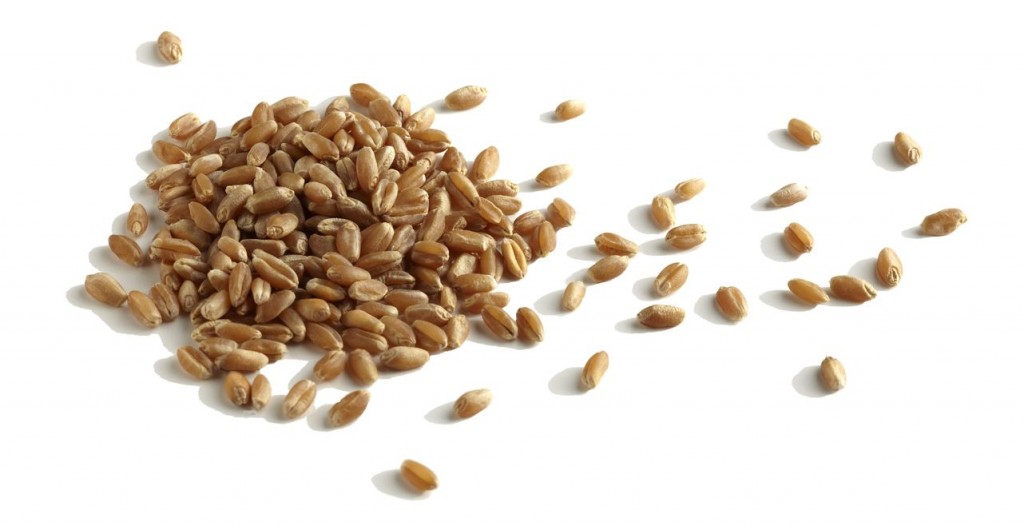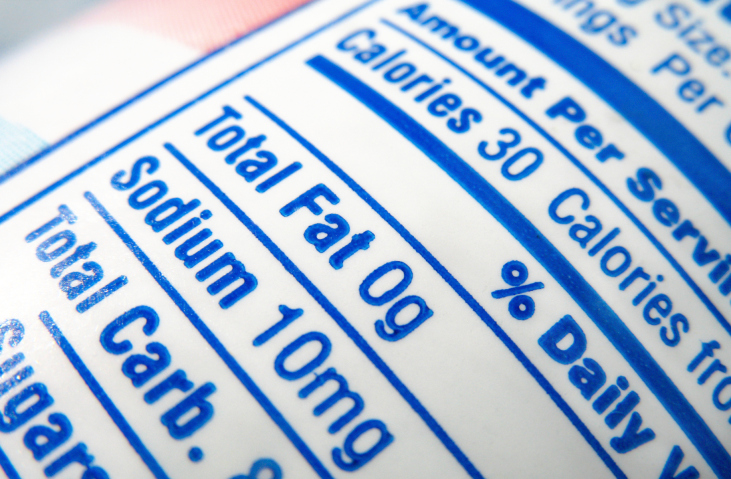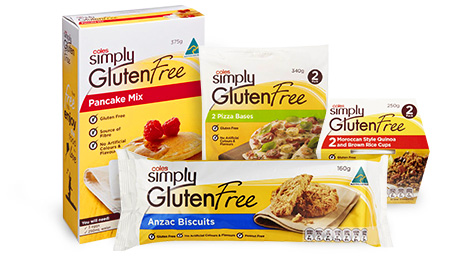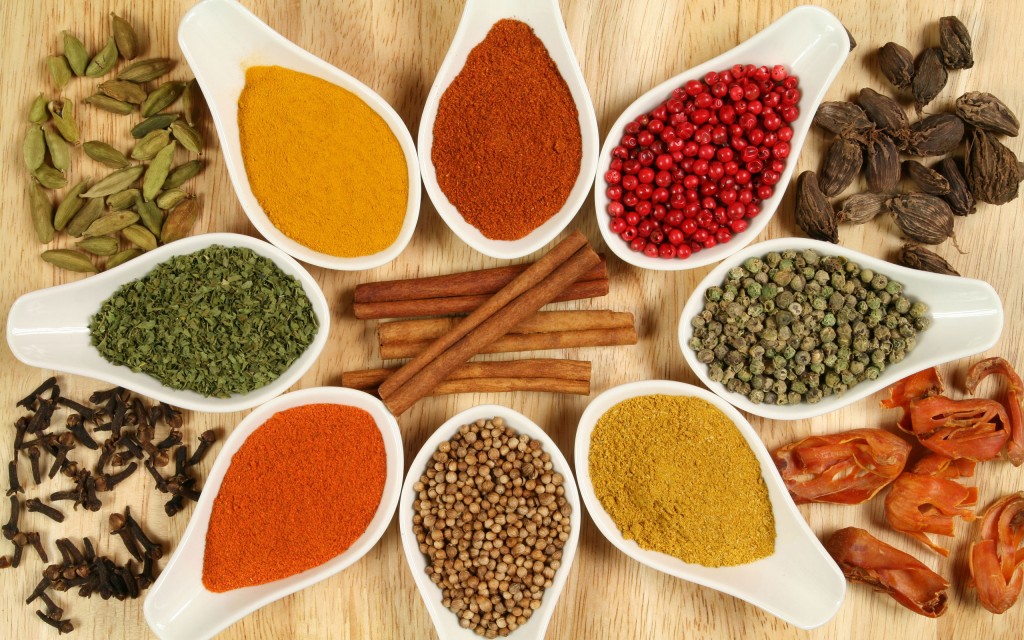Dietary Mistakes That Aren’t Helping You
Diet August 22, 2025 Damon Mitchell
It’s hard to imagine that anything you do to your diet could be worse than what you’re doing currently. You’ve been talking about finally dropping the weight for as long as you can remember. Where to start? Unfortunately, the lion’s share of trendy advice is full of recommendations which could leave you worse off than you are now.
Adjusting Your Calories Too Low
While it is true, if you are trying to lose weight, there is no way around the law of thermodynamics. It’s a law of science, like the law of gravity. Disproving it would be your ticket to the Nobel Prize for science.
Applied in the human body, thermodynamics boils down to the changes in your mass will be relative to the calories you consume versus the calories you expend.
While more often people tend to underreport their calorie intake, some will actually drop their calories too low. For most adults, dropping by 500-1000 calories per day is sufficient for losing 1-2 pounds per week.
That doesn’t mean dropping 1000-2000 will equal 2-4 pounds per week. For many adults, females especially, 2000 calories isn’t far off of their total intake for a given day. A 2000 calorie drop would be near-fasting.
At that level, the body will struggle to only use body fat as a fuel source. Muscle will be burned will the fat, but even worse, the person will feel horrible. They will have very low energy levels, struggle to think, and could suffer other trauma, like passing out.
If you refuse to consult a professional on this, at least estimate your basal metabolic rate (BMR) by searching Google for a BMR calculator. Use that number to create a baseline. Drop it 500-100 calories then observe your results over 30 days.
If nothing happens, drop it another 300 calories, measure, then check again 30 days later.
Demonizing Grains
While it may be true that cutting out grains helps some people lose weight, the evidence is correlative, not causal. Grains aren’t the only victim. There is a hill of books which support grain-free, meat-free or fill-in-the-blank-free science.
These books are full of questionable science aimed at one thing, selling more books. While the solution to weight loss is a simple equation, the actual steps are not easy. Blaming the nutrients will only muddy the issue.
There is nothing about grains that makes eating them a surefire path to obesity. Grains are carbohydrates or complex sugars. Like all sugars, they carry four bioavailable [read: absorbable] calories per gram.
Grains alone are kind of bland. They’re often ground into flour, mixed with sugar and butter or oil, then baked into yummy treats. Then we usually put on more butter and sugar.
When is the last time you sat down to a plateful of unadulterated wheat berries? Ew.
Because of this, the other thing cutting grains does is cut out the fat calories (9 per gram) and simple-sugar calories (still 4 per gram). Let’s face it, Cinnabon is yummy.
The big thing cutting out grains does, much like the low-fat diets of the 80’s and 90’s, is it cuts out a source of calories. For this reason, until dieters figure out a way to replace those calories, they lose weight.
People who cut out grains cold turkey frequently report developing cravings, which do not always go away. Those feelings of desire can snowball until the dieter breaks or at the end of the diet, binges.
There has to be a happy medium that can be found between daily Cinnabon stops and abstinence. Unless you have a disorder, there are responsible ways to consume grains.
Cutting Out Fats
Surprisingly, this still happens. Predicated on weak science, pushed by media outlets, many people in the 80’s and 90’s developed the perception that eating fat would make them fat. Many of those people still hold this belief.
Let’s not even get into how ineffective and silly it is to call people “fat.” Fat is a part of our bodies. You would not call someone “ear” because he hears well. Fat is stored fuel. Let’s leave it at that. Stop name-calling.
Here’s the truth about dietary fats: At nine calories per gram, dietary fat is the highest octane fuel you can consume. That said, if you are eating a high-fat diet, it’s going to be hard to keep your calories down. If you’re trying to lose weight, that’s going to be problematic, I don’t care what garbage someone’s book is selling you.
Try to keep your fat intake to about 30% of your calories at the most, regardless of your goals. Don’t stress saturated fats, but avoid trans fats, or trans fatty acids. We’re pretty confident these are carcinogenic. The easiest way to do this is avoid processed foods.
Trans fats are found in things like coffee creamers, frozen pizza, crackers, cookies, cakes, frozen pies, and other baked goods, fast food, refrigerated dough products (such as biscuits and cinnamon rolls), microwave popcorn, vegetable shortening and stick margarine.
Use olive oil, coconut oil, butter or even lard instead.
Consuming “Diet” Food
If you read labels that read diet anything, you can almost always raise the red flag, especially if it’s processed. Consider these as marketing tactics, red herrings to steer you away from the larger truth about what you’re buying. In most cases, this means food that is not truly healthier than other options.
Some other versions of the “diet food” phenomenon include, but are not limited to gluten free, grain free, fat-free, sugar-free, whole grain, fortified anything, all natural, organic or just about anything intended to make food sound healthier. If it were healthy, they wouldn’t have to advertise it as such.
Find this advice confusing? Here’s a simple solution. Stay away from processed foods as much as you can. The easy way to do this is to avoid the aisles at your grocery store. Spend more time in the produce area, by the meats, and if you must go into the bakery, choose a nice dense bread or wraps instead of doughnuts or bagels.
You don’t have to sacrifice flavor to eat healthier. One aisle you shouldn’t skip is the seasonings aisle. If you can eliminate processed foods, like frozen dinners, chips, or anything that wasn’t grown or slaughtered, then you can even add salt to your food. Reason being, processed food is often salted like snowfall.
The sad reality with dietary advice is that there is nothing sexy about what constitutes good advice. If you’re trying to drop a few pounds, which most people are, you’re going to have to make some different choices.
Hard truth: you’ll have to eat fewer calories than you have been eating if you want to shed mass.
This may mean keeping some items out of your life that lead you to dark places, like any food that you “just can’t stop eating.” You may need to keep those things out of your shopping cart for a while.
Try to focus more on what you can have, like trying interesting new fruits or veggies. It will be easier than focusing on what you can’t have.
There is likely a whole grocery store of food you’ve been passing every week.
